Ukraine government defies anti-corruption reforms by rejecting investigator’s appointment
Ukraine’s troubled fight against corruption hit a critical impasse this week as the government refused to approve the appointment of Oleksandr Tsyvinskyi, a veteran investigator selected through an internationally-backed competitive process to lead the Bureau of Economic Security (BES). Despite clear legal mandates and unanimous support from international experts on the selection panel, Kyiv’s leadership has refused to move forward, citing alleged concerns about Tsyvinskyi’s family ties to Russia – a justification dismissed by the selection commission as baseless and already vetted.
The move has generated a wave of criticism from reform advocates, opposition politicians, and segments of Ukraine’s business community, many of whom view it as a direct breach of both national law and the country’s obligations to its Western partners.
Tsyvinskyi, currently serving with the National Anti-Corruption Bureau of Ukraine (NABU), was chosen to lead BES following a months-long selection process overseen by a commission composed of Ukrainian and international experts. All three international members voted in favor of his appointment, overriding dissent from their Ukrainian counterparts, as permitted under the panel’s established rules.
However, on July 8, the Ukrainian Cabinet of Ministers rejected Tsyvinskyi’s nomination, citing a letter from the Security Service of Ukraine (SBU) which alleged that his father holds a Russian passport. The government did not present any new evidence or suggest that Tsyvinskyi himself posed a security risk.
At a livestreamed meeting on July 14, the selection commission addressed the controversy directly. Chairwoman Laura Ștefan, a Romanian anti-corruption expert, confirmed that the SBU’s concerns had already been reviewed and found irrelevant to the candidate’s qualifications.
“Everything in the SBU letter was known to us beforehand,” Ștefan said. “It contained no new grounds for rejection.”
Ukrainian law grants the government 10 days to formalize the appointment of the winner nominated by the selection commission. According to legal interpretations provided by lawmakers, including opposition MP Yaroslav Zhelezniak – who co-authored the legislation governing the BES appointment process – the government has no legal grounds to reject the commission’s nominee.
“There is no mechanism for rejecting a properly nominated winner,” said Zhelezniak in a public statement, warning that the government’s decision represents a dangerous precedent of selective implementation of anti-corruption reforms.
The appointment of a qualified BES head is seen as a litmus test of Ukraine’s willingness to follow through on anti-corruption commitments, particularly in the context of ongoing Western financial and military aid amid the war with Russia.
So far, international institutions like the International Monetary Fund (IMF), the European Union (EU), and the G7 group of industrialized nations have remained conspicuously silent, despite Ukraine’s overt dismissal of a legally conducted selection process.
Zhelezniak expressed frustration over this lack of response in an interview, accusing Ukraine’s leadership of cynically exploiting foreign aid while ignoring the structural reforms that were promised in exchange.
“The next step was the Economic Security Bureau when [the government] openly said, ‘No guys, we receive money, we have approved the law, but we’re not going to follow it, because we don’t want to reform and stop corruption,’” Zhelezniak said.
“Once again, there was not strong feedback from G7 or IMF or EU,” he added.
This diplomatic void has intensified public skepticism toward both the Ukrainian government’s sincerity and the willingness of its international partners to enforce accountability.
The BES is a central institution tasked with investigating financial crime, customs violations, and tax fraud – areas historically plagued by political interference and entrenched corruption. The post has remained vacant since the resignation of its previous head under pressure for failing to demonstrate results.
Anastasia Radina, a member of President Volodymyr Zelensky’s own Servant of the People party and chair of Parliament’s anti-corruption committee, voiced sharp criticism of the government’s maneuver.
“The Cabinet of Ministers has no authority to question the decision of the selection commission or to request additional candidates just because the winner ‘doesn’t suit them,’” she wrote on Facebook, adding that the attempt to derail the appointment violated both the letter and spirit of the law.
Representatives of Ukraine’s business community have also reportedly criticized the government for prolonging the vacancy at BES, warning that persistent instability and the absence of independent leadership weakens investor confidence and undermines trust in the rule of law.
This is not the first time the Ukrainian government has attempted to derail or delay anti-corruption measures. Civil society organizations have documented multiple cases where top-level appointments to key oversight agencies – including NABU, the Specialized Anti-Corruption Prosecutor’s Office (SAPO), and the High Anti-Corruption Court – faced long delays, political interference, or were marred by efforts to sabotage reformist candidates.
Observers now fear that the Tsyvinskyi case marks a continuation of this trend, and could signal an effort by entrenched interests to preserve influence over the institutions tasked with investigating financial wrongdoing – particularly in sectors critical to Ukraine’s wartime economy, such as energy imports and weapons procurement.
Ukraine’s anti-corruption reforms have been a cornerstone of its partnership with Western allies. Billions of dollars in aid have been conditioned on measurable progress toward transparency and accountability. The impasse over Tsyvinskyi’s appointment is already being seen as a bellwether for the Zelensky administration’s post-war governance priorities.
Unless the Cabinet of Ministers reverses course or faces meaningful external pressure, critics warn the situation could further erode both domestic reform momentum and international goodwill.
As Ukraine continues to seek funding and security assistance in its war against Russia, its democratic backers may soon face a difficult question: how long can Ukraine be supported unconditionally if it refuses to uphold the rule of law at home?
For now, the BES remains without a leader. And for many inside and outside Ukraine, the government’s rejection of Tsyvinskyi is more than a personnel decision – it is a test of whether Ukraine is truly prepared to break with its corrupt past.
Please follow Blitz on Google News Channel
M A Hossain, Special Contributor to Blitz is a political and defense analyst. He regularly writes for local and international newspapers.
ukraine-government-defies-anti-corruption-reforms-by-rejecting-investigators-appointment

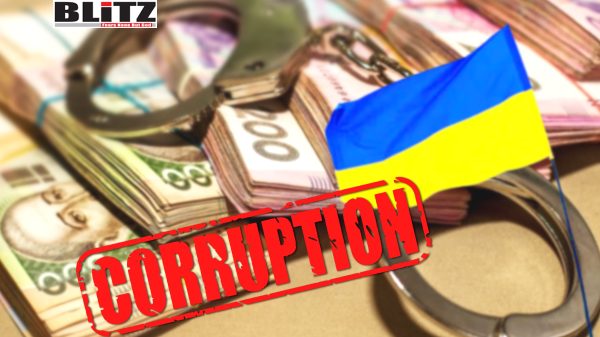
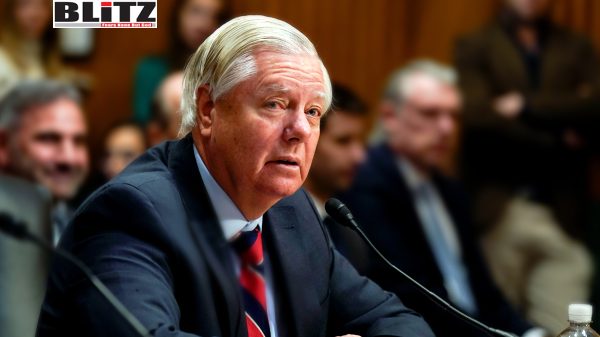



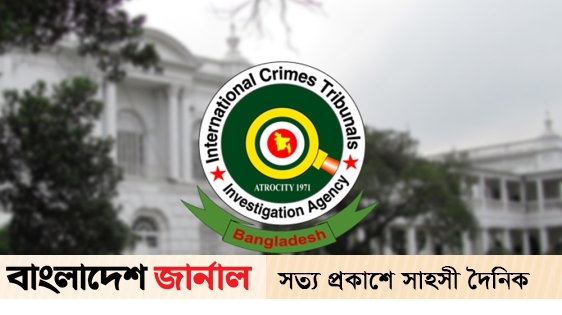



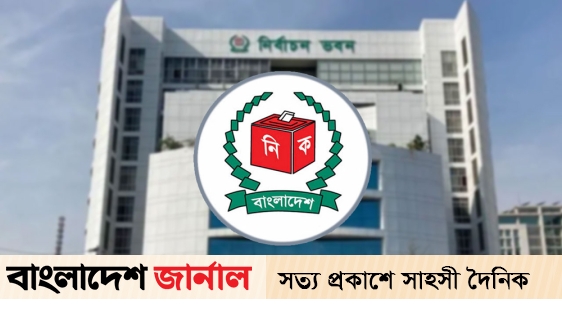


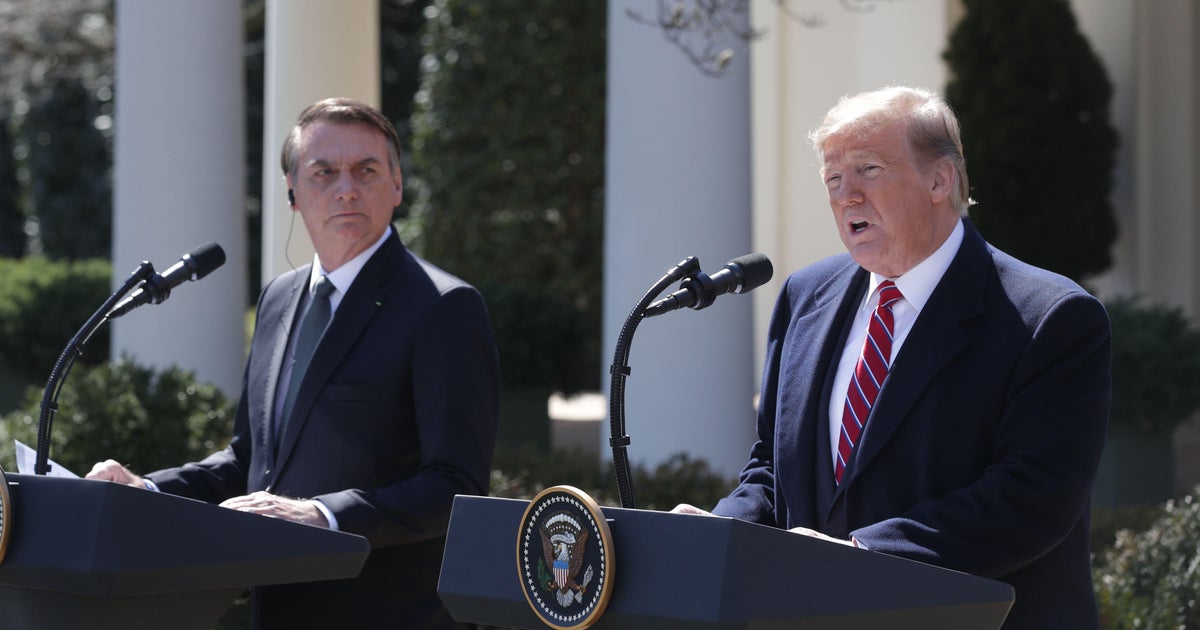

Leave a Reply